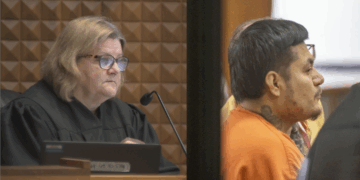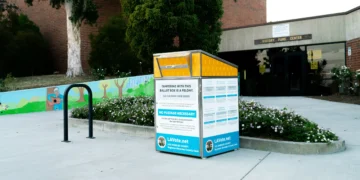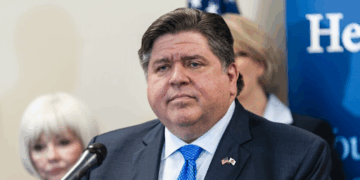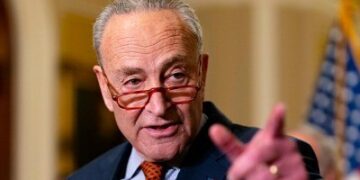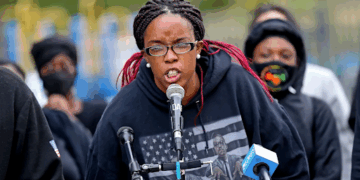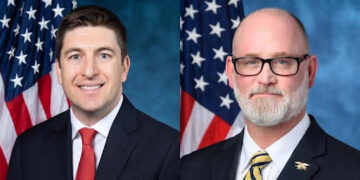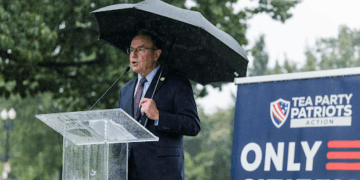Wisconsin lawmakers approved a $111.1 billion bipartisan budget early Wednesday morning, capping weeks of negotiations between Gov. Tony Evers, Republican leadership, and Senate Democrats. While the budget passed both chambers with cross-party support, a coalition of conservative Republicans in the Senate voted against the plan, citing runaway spending, debt, and a flawed process.
Gov. Evers signed the budget just before 2 a.m., rushing to finalize the document before Congress could pass a federal reconciliation bill that may nullify key provisions related to hospital funding. The compromise package increases total state and federal spending by 12.4%, or $114.3 billion when borrowing is included.
The budget cleared the Assembly 59-39, with only Republican, Rep. Scott Allen and most Democrats voting no. Seven Assembly Democrats supported the bill. In the Senate, five Democrats backed the plan, while four Republican senators—Rob Hutton, Chris Kapenga, Steve Nass, and Senate President Mary Felzkowski—voted against it.
Each voiced sharp concerns. Kapenga wrote, “This $111.1 billion budget is filled with wasteful spending. When I was first elected to the State Legislature, the budget was around $66 billion. There is no amount of special interest pork or ‘purple state’ justification that will convince me that this budget is a good idea.” (RELATED: Wisconsin GOP Reps Aim to Curb School Boards’ Tax Authority)
He also criticized the process, writing that Senate Republicans received the 411-page document only an hour before the session. “Despite the Senate and Assembly having GOP majorities, legislative leadership chose to work more closely with Governor Evers on his ‘re-election budget’ than with conservative GOP colleagues.”
Republican Sen. Steve Nass called it the “Vos-Evers budget deal” and described it as “an orgy of spending designed by two leaders that probably won’t be here to deal with the financial mess it will create in the 2027-29 biennium.”
He noted the 15% increase in All Funds spending, the near-total use of the $4.3 billion surplus on earmarks and special interest projects, and the $3.2 billion in new bonding—“the highest levels in a decade for the state.” Nass also criticized the increase in K-12 funding, arguing that no reforms were included to address student performance. (RELATED: Trump Extracts Huge Concession from Canada in Ongoing Trade War)
Senate President Mary Felzkowski also opposed the budget despite acknowledging its tax cuts and increased special education aid. She objected to the lack of health care reforms and the increase in the hospital assessment. “It is the silent tax on our constituents and our businesses,” Felzkowski said. She added, “Wisconsin has the fifth-highest health care costs in the country,” and accused the governor of “selling out to special interests.”
Despite the criticism, Republican leaders defended the deal. Assembly Speaker Robin Vos said, “This is one that I am proud to say we can support.” He praised the bipartisan cooperation and noted the compromises achieved on taxes and education.
Key provisions of the budget include:
- Over $500 million in special education funding increases.
- $331.6 million in new child care funding.
- A $239 million net increase for the Universities of Wisconsin, plus $840 million in capital projects.
- Expansion of the 4.4% income tax bracket and retirement income tax exemptions totaling $695 million.
- A $1.2 billion increase in transportation funding, supported in part by higher fees for vehicle titles, driver’s licenses, and registrations.
The Legislative Fiscal Bureau projects an $829.3 million general fund balance at the end of the biennium with a $1.2 billion structural deficit, raising long-term concerns about the sustainability of the state’s fiscal trajectory.


